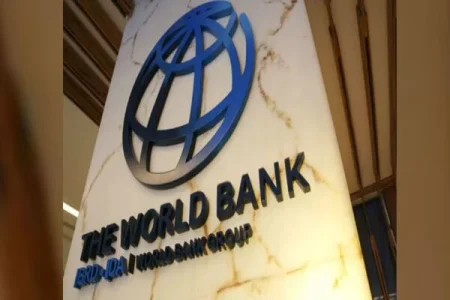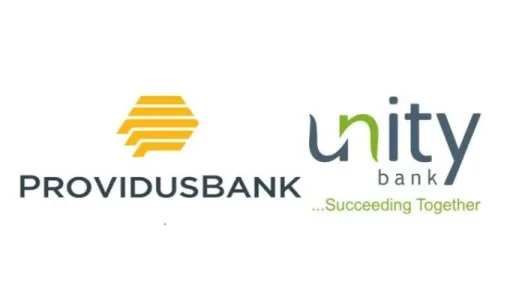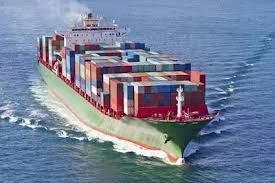
Nigeria receives a $1.5 billion loan from the World Bank to support fuel subsidy removal and tax reforms. The loan, disbursed in two tranches, strengthens the government's economic stabilization efforts. It follows a series of reforms, including deregulating the fuel market and submitting a tax reform bill.
The World Bank has approved a $1.5 billion loan to Nigeria, aimed at supporting the country's economic reforms, including fuel subsidy removal and tax system overhauls. The loan was granted under the World Bank’s Reforms for Economic Stabilisation initiative, which is designed to assist countries in transforming their economies.
The loan, structured in two tranches, was approved on June 13, 2024. The first tranche of $750 million was disbursed on July 2, 2024, while the second tranche of an additional $750 million was released in November 2024. This loan is part of Nigeria’s broader economic reform agenda, which includes significant changes to fuel pricing policies and the tax system.
The World Bank’s document highlighted that Nigeria had met the necessary conditions to qualify for the loan, including the implementation of several key reforms. These include the deregulation of the fuel market, the harmonization of exchange rates, and the submission of a comprehensive tax reform bill to the National Assembly in October 2024. The bill proposes changes to the Value Added Tax (VAT) system and aims to simplify tax laws and administration.
Despite facing public discontent due to rising fuel prices and inflation, the Nigerian government has introduced measures, such as the N25,000 palliative payments to households, to ease the burden. However, the impact of these reforms has been mixed, with food inflation and overall costs of living continuing to rise.
With the World Bank’s support, Nigeria is moving forward with these crucial reforms, although they have sparked significant debate and opposition, particularly in Northern Nigeria.



